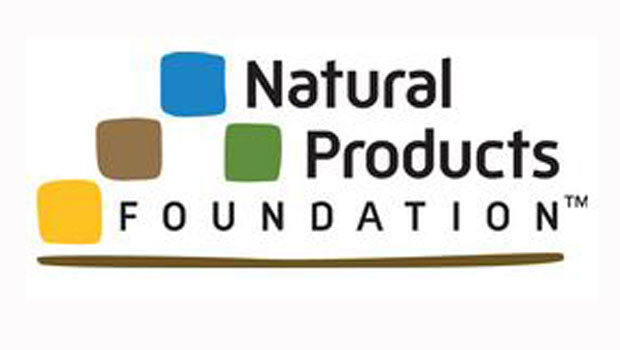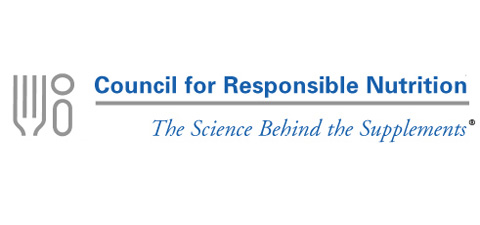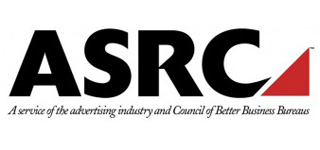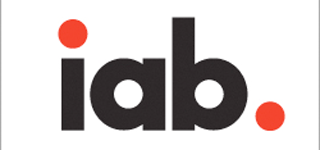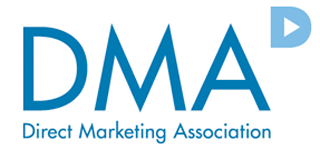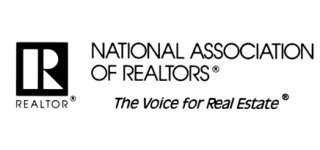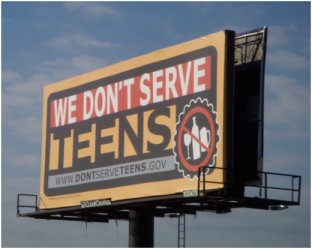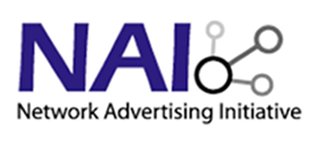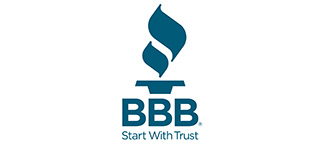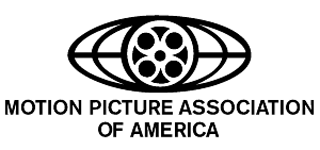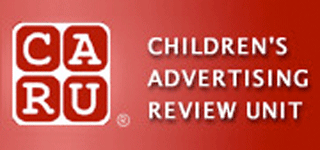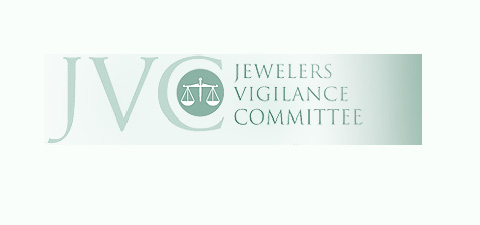
Jewelers Vigilance Committee
The Jewelers Vigilance Commitee, which was formed in 1917, provides education and self-regulation to the jewelry industry.
Self-regulating organizations can have varying impacts on the standards that are set for the way industries do business.
Self-regulating organizations, or SROs, operate within a wide range of industries and can have varying impacts on the standards that are set for the way those industries do business. While limits that are set by SROs (for example, limits on the calorie content of a soft drink) might seem beneficial for the health of the general public, they may simply be efforts to stave-off effective, more stringent regulations that might otherwise be implemented by state and federal entities.
Consequently, the activities of these industries should be viewed with a jaundiced eye and taken for what they are – simultaneously standard-setting and self-protecting. An organization like the Motion Picture Association of America, a relatively benign self-regulator of the motion picture industry that’s known to many moviegoers, is an organization that not only sets industry standards through its assignment of ratings (the well-known ‘G,’ ‘PG,’ ‘PG-13,’ and ‘R’ classifications) to motion pictures, but also routinely and actively lobbies members of the United States Congress to enact legislation beneficial to (or block legislation that might be harmful to) the motion picture industry.
Self-regulators should not be viewed as inherently noble or harmful, but instead as more ambiguous organizations that likely serve to increase quality standards for consumers in an effort, spoken or unspoken, to limit or hold-off government scrutiny and oversight of their industry.
And that’s not to say that there aren’t benefits that can go along with self-regulation versus government regulation. Certainly the level of cost incurred by taxpayers can be reduced if industries take on a degree of regulatory oversight for their activities. It’s also worth noting that industry participants do generally possess a greater level of industry expertise than do government officials, making self-regulation, in some instances, more informed and less disruptive than might be the case if the industry were subject to more strict government oversight. Some believe that self-regulation can also be more flexible and implemented more timely than increased government oversight.
Still, there remains a real question as to the extent to which an industry group will go in policing itself and curbing business practices that may be both lucrative and less than honorable. Clearly, the financial services industry’s self-regulatory organization, the Self-regulatory body failed – utterly and completely – to foresee and prevent the devastating financial crisis that began to gain real momentum in 2008 and whose destructive effects are still being dealt with to this day.
We believe that it is frequently useful to think of self-regulating organizations as not so much self-regulating organizations per se, but industry trade organizations that engage, to varying degrees, in self-regulation. Too often, we find that characterizing these organizations’ efforts as strictly self-regulating would simply be giving them too much credit.
When looking at the way countless successful industries have grown and evolved within our economy over the course of hundreds of years, we see consistent themes present themselves again and again – and again – in this order:
And the story in the advertising industry has been much the same. So, while the work that these late-to-the-party self-regulators are doing is in some instances valuable, its scope is also frequently very limited, largely intended to take the minimum level of action required to placate the government and consumer groups.
Self-regulators are, by definition, funded by the companies they claim to regulate. Don’t for a second believe that any self-regulator wants – or even would be permitted by its constituent members – to do all that it can to prevent harmful or deceptive business practices that are proving lucrative for the industry.
Take the BBB for example. Companies pay thousands of dollars to the BBB to become accredited members. And while consumers may think of the BBB as a consumer watchdog, the BBB considers itself a mediator between aggrieved consumers and companies. BBB ratings of a company depend upon how a company responds to a customer within the BBB’s own system, thus even if it has thousands of complaints against it, or state or federal consumer protection officials have taken action against a company, it can still have a positive rating. A CNN Money investigation found that more than 100 businesses had A- or higher ratings despite having been the subject of government action regarding serious regulation violations.
The BBB itself maintains that its ratings are not a guarantee of the reliability or performance of a company’s product or service and that consumers should consider a BBB rating in addition to all other available information about the business.
So, since you’re likely to run into these organizations again and again in the media, we feel as though it’s important for you to learn more about some of the more prominent groups in a number of our economy’s leading industries.
In some instances, you may come away with the uneasy feeling that the fox may be guarding the henhouse.
The Jewelers Vigilance Commitee, which was formed in 1917, provides education and self-regulation to the jewelry industry.
The Natural Products Foundation is a non-profit organization whose mission is to promote and facilitate research and education regarding natural products, including dietary supplements and nutritional foods.
The Consumer Healthcare Products Association is a large trade association that represents manufacturers and distributors of nonprescription, over-the-counter medicines and dietary supplements.
The Council for Responsible Nutrition (CRN) is a trade association that represents dietary supplement manufacturers and ingredient suppliers.
The Advertising Self-Regulatory Council (ASRC) (formerly known as the National Advertising Review Council) is a self-regulatory agency that was formed in 1971 by the American Advertising Federation, the American Association…
The Interactive Advertising Bureau (IAB) is an organization of online advertising businesses. Since its inception in 1996, the IAB has developed guidelines, standards, and best practices for the online advertising…
The Entertainment Software Association (ESA) is an association based in D.C. that is exclusively dedicated to serving video game companies. The group lobbies Congress and other legislative bodies extensively in…
The Direct Marketing Association (DMA) is a trade group made up of all those pesky companies we have to thank for telemarketing, spam, and junk mail, among others. The group…
The Recording Industry Association of America (RIAA) is a trade organization that supports and promotes major music companies. The RIAA’s main function is to protect the rights of artists and…
The National Association of Realtors (NAR) is a large trade organization whose many members are residential and commercial real estate brokers, real estate salespeople, property managers, appraisers, and others involved…
The alcohol industry’s self-regulation efforts have historically focused on three main areas – drunk driving, underage drinking, and problem drinking – and have achieved what many observers say is a…
The Digital Advertising Alliance (DAA) is a self-regulatory organization for online behavorial advertising, or OBA. The DAA is made up of several large media and marketing associations, including the American…
The Financial Industry Regulatory Authority (FINRA) is the financial services industry’s primary self-regulating body. FINRA’s stated mission is to protect investors by making sure the financial industry operates fairly and…
The Network Advertising Initiative (NAI) is a self-regulatory coalition of online advertising companies, including AOL Advertising, Google, Microsoft Corporation, and Yahoo! Inc. The organization was established in 2000 amid increasing…
The Better Business Bureau (BBB) is made up of several local chapters in the United States and Canada that all work through their parent corporation, the Council of Better Business…
The Motion Picture Association of America (MPAA) is a trade association comprised of six well-known Hollywood studios – Walt Disney, Sony, Paramount, 20th Century Fox, Universal, and Warner Brothers. Like…
The Children’s Advertising Review Unit (CARU), a unit of the Advertising Self-Regulatory Council, is the advertising industry’s primary self-regulatory organization responsible for monitoring ad content – across all media channels…
The marketing angle behind viral videos.
The Advertising Self-Regulatory Council (ASRC) (formerly known as the National Advertising Review Council) is a self-regulatory agency that was formed in 1971 by the American Advertising Federation, the American Association…
The Interactive Advertising Bureau (IAB) is an organization of online advertising businesses. Since its inception in 1996, the IAB has developed guidelines, standards, and best practices for the online advertising…
